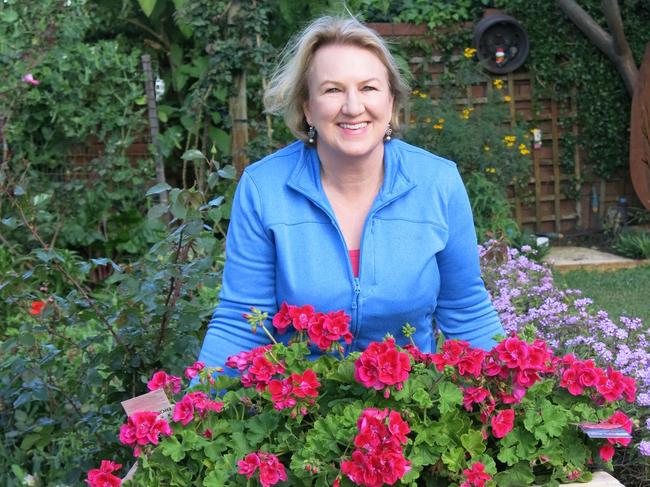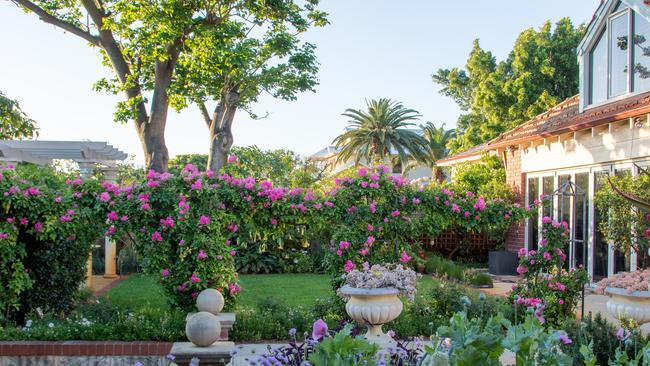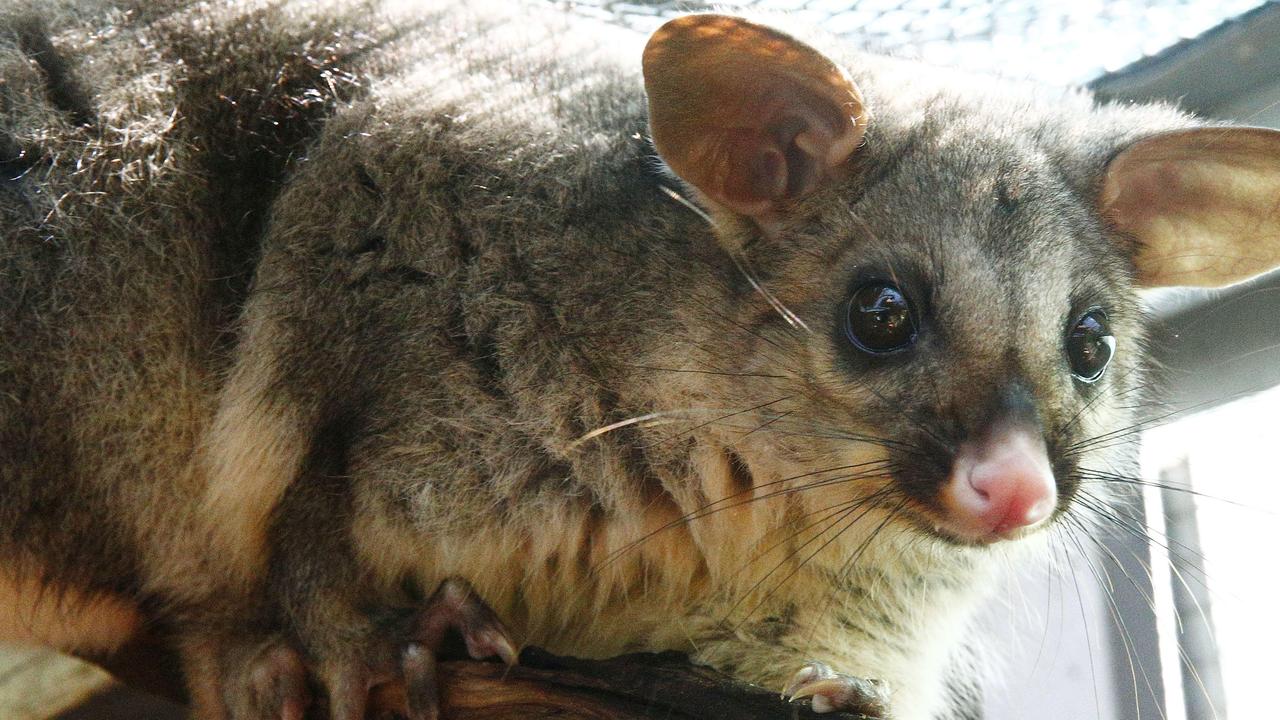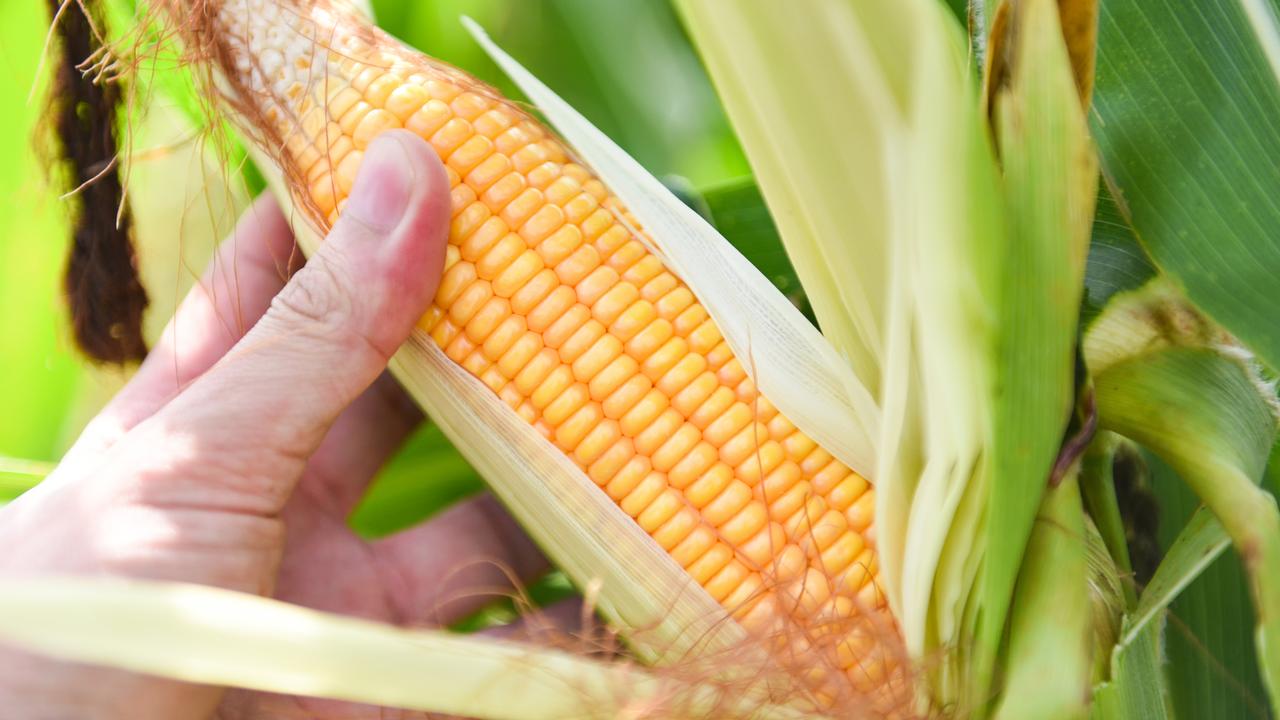Garden guru Deryn Thorpe has the go-to podcast for green thumbs
A Perth woman’s obsession for gardening is finding growth in the world of audio broadcast,

WHEN Deryn Thorpe describes herself as a fanatical gardener it is no exaggeration.
Every fortnight she produces one of Australia’s most popular garden podcasts, recorded in a spare bedroom of her home. It has had 400,000 downloads — making it the most popular until Better Homes and Gardens recently released one.
For 30 years Deryn, who lives in Perth, has written gardening columns and articles for magazines such as Gardening Australia and also regularly appears on radio green thumb talkback programs.
She speaks at garden festivals and events, is a founding member of Open Gardens West Coast, runs her own garden consultancy, and with her husband has a business planting up to 600,000 trees on farms and roadsides annually.
For a couple of months each year she leads groups touring gardens across Australia and overseas.
It seems the only missing link is having penned a book.
“I haven’t had enough time to write one,” she quips.
“And also I think people are moving away from garden books and I want to stay current.”
So given this schedule, does Deryn ever have time to actually garden?
“If I’m here, my perfect day is a Sunday spent in the garden,” she says of her residential garden block, which she opens on occasion to the public.
“It’s a cottage garden with a mix of Mediterranean, tropical, temperate and native plants and I have something in flower every day of the year.”

Deryn was a late bloomer to gardening, first working as a journalist, then a tour guide overseas, before buying a Federation home in the late 1980s and becoming “obsessed” with making it look beautiful. She immersed herself in plants and has never stopped.
“Initially I wanted to create a beautiful scene but then I became interested in the science, how plants function. There’s always more to learn.
“Right now there’s a lot of information about microbes and living organisms in the soil and also research is showing how plants can think and remember.”
She recounts reading recent research about sensitive plants that closed when under threat.
“She (the scientist) dropped them from a height and they closed,” Deryn says. “But after doing this for a while they stopped closing and when she did it a few months later they remembered and still didn’t close.”
Since starting her podcast, All the Dirt, in 2017 with gardening broadcaster Steve Wood, Deryn has produced 100 shows, each up to an hour long. They cover topics including growing your own spices, how to garden in each season, and dealing with alkaline or limey soils.
“It’s very easy to set up a podcast — just microphones and recording equipment and we use an editor — but it doesn’t make you rich,” Deryn says. “It’s not all about facts, but adding in personal anecdotes about my own gardening, too.
“The beauty of a podcast is you listen to it while driving. I never garden now without listening to one.”
As for her tours, Deryn’s favourite gardens are in the UK, Italy and Victoria.
“Honestly and truly Victorians really understand gardens and have some of the best designers in the country. Sometimes a garden can be technically the best ever but if you don’t meet the designer or the owner it doesn’t come to life.”
Her tip for design is to use repetition.
“Don’t just have one of this and one of that. In a small area in particular you need continuity otherwise it’s not restful and is a mishmash.”
The question she is asked the most is how to help problem lemon trees.
“I tell people if you give them good compost, feed and a regular water they shouldn’t have many problems,” she says.
“The other question I get asked the most is about growing fruit trees in pots, because gardens are getting smaller. It’s hard because their roots are contained, so they need a trace element spray all over their foliage once a year and regular nutrition, like seaweed and compost.”
Sometimes, Deryn admits, she’s stumped for an answer, adding that two-thirds of every plant lies beneath the soil, which makes diagnosis tricky.
Given this vast knowledge, does she ever kill any plants?
“Of course I do,” she says. “Everyone has things that die. I don’t see it as bad but a new opportunity to grow something else. I’d say 99 per cent of the things that do die is because of a lack of water. Water is a precious resource and we’ve had restrictions for the past 12 years.”


